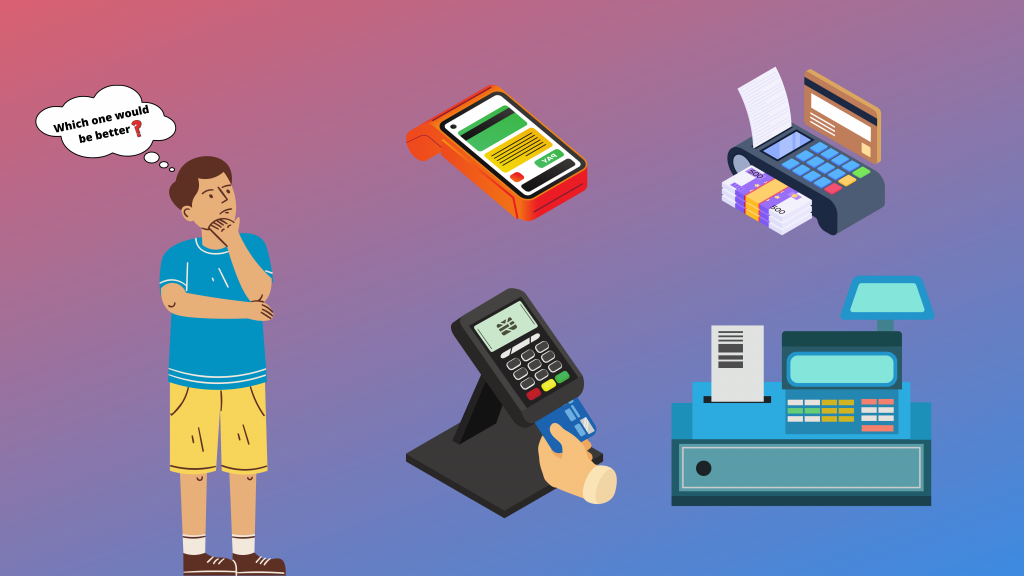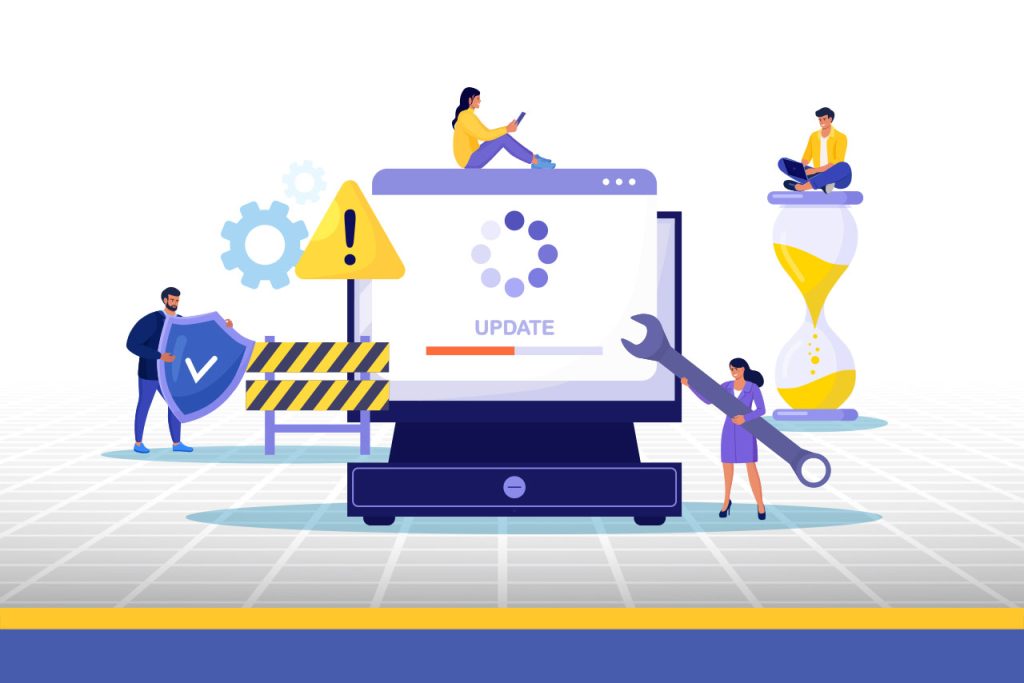The Impact of POS Systems on Sales Reporting and Analytics

In today’s fast-paced business environment, staying ahead of the competition requires leveraging technology to streamline operations and gain insights. Point of Sale (POS) systems have evolved from simple transaction processors to powerful tools that significantly impact sales reporting and analytics. This transformation is revolutionizing how businesses manage their sales data, enabling them to make more informed decisions and enhance overall efficiency.
Understanding POS Systems
A POS system is an integrated solution that manages sales transactions, inventory, customer data, and more. Traditional cash registers have given way to sophisticated systems that offer a wide range of functionalities. Modern POS systems are equipped with features like real-time sales tracking, customer relationship management (CRM), employee management, and detailed reporting capabilities. These systems are pivotal in providing businesses with the tools they need to analyze sales data effectively.
Enhanced Sales Reporting
One of the most significant impacts of POS systems is the enhancement of sales reporting. With a POS system, businesses can generate detailed sales reports that provide insights into various aspects of their operations. These reports can include data on total sales, sales by product category, average transaction value, and peak sales times. By analyzing these reports, businesses can identify trends, monitor performance, and make data-driven decisions.
For instance, a retail store can use sales reports to determine which products are top sellers and which ones are underperforming. This information allows them to adjust their inventory accordingly, ensuring that they stock popular items while minimizing the investment in slow-moving products. Additionally, businesses can track sales performance across different locations, helping them identify successful strategies that can be replicated in other branches.
Real-Time Data Access
POS systems provide real-time access to sales data, enabling businesses to monitor their performance continuously. This real-time access is crucial for making timely decisions that can impact daily operations. For example, a restaurant can use real-time data to manage inventory levels effectively, ensuring they never run out of popular menu items during peak hours. Retailers can track hourly sales to make staffing adjustments, optimizing labor costs and improving customer service.
Real-time data also helps businesses respond quickly to market changes. If a particular product suddenly experiences a surge in demand, businesses can adjust their strategies to capitalize on the trend. This agility is especially important in industries where consumer preferences can shift rapidly.
Also Read: The Hidden Costs of Outdated POS Systems and How to Avoid Them
Improved Accuracy and Efficiency
Manual sales tracking and reporting are prone to errors and can be time-consuming. POS systems automate these processes, significantly reducing the likelihood of mistakes and saving valuable time. Automated data collection ensures that sales information is accurate and up-to-date, eliminating the need for manual entry and reconciliation.
The efficiency gained from using a POS system extends beyond sales reporting. Inventory management becomes more accurate as stock levels are automatically updated with each transaction. This accuracy reduces the risk of overstocking or understocking, leading to cost savings and improved customer satisfaction.
In-Depth Analytics
Advanced POS systems offer in-depth analytics capabilities that go beyond basic sales reporting. Businesses can analyze customer behavior, purchasing patterns, and preferences. By understanding what drives customer purchases, businesses can tailor their marketing strategies to target specific segments more effectively.
For example, a clothing store can analyze customer data to identify trends in seasonal purchases. They can then create targeted promotions for upcoming seasons, boosting sales and customer engagement. Additionally, businesses can track the effectiveness of their marketing campaigns by analyzing sales data before and after promotions, allowing them to refine their strategies for better results.
Enhanced Decision-Making
The insights gained from POS system analytics empower businesses to make more informed decisions. Whether it’s adjusting pricing strategies, optimizing inventory levels, or planning marketing campaigns, data-driven decision-making leads to better outcomes. Businesses can identify areas of improvement and implement changes that enhance overall performance.
For instance, a restaurant can use sales data to determine which menu items are most profitable. By focusing on promoting these items, they can increase revenue while minimizing costs. Retailers can identify peak shopping hours and schedule staff accordingly, improving customer service and maximizing sales during busy periods.
Conclusion
The impact of POS systems on sales reporting and analytics cannot be overstated. These systems have transformed how businesses collect, analyze, and utilize sales data, enabling them to make more informed decisions and optimize their operations. From real-time data access to in-depth analytics, POS systems provide businesses with the tools they need to stay competitive in today’s dynamic market. By harnessing the power of POS systems, businesses can enhance accuracy, efficiency, and overall performance, ultimately driving growth and success.
Visit our site at www.dibtech.com.au
Visit our YouTube channel for tutorials Dibtech






